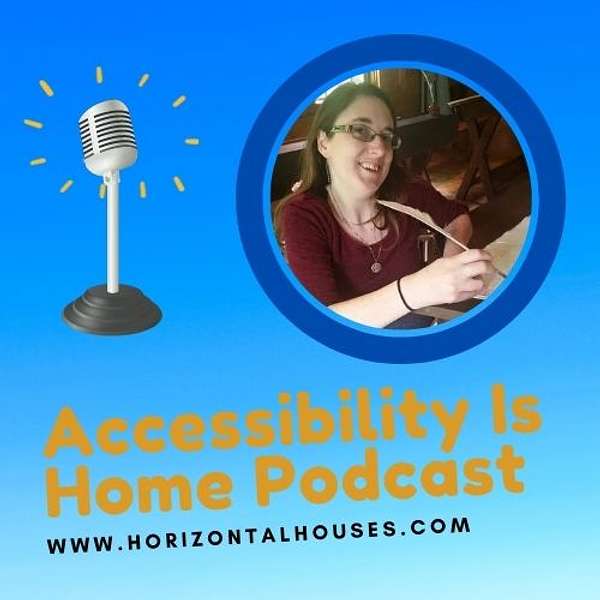
Accessibility Is Home podcast
Welcome to AI Home podcast, the first exclusive podcast on real estate resources and independent living strategies for the disability community. Why? Because Accessibility Is Home. Brought to you by Angela Fox, blogger, and author of “My blue front door”. Ms. Fox will be interviewing Realtors and home improvement contractors who are both disability friendly and others who may have a lot more to learn. Ms. Fox will also provide takeaways for anyone wanting to be a homeowner with a disability.
Accessibility Is Home podcast
From Capitol Hill to Your Front Door: How Advocacy Shaped Policy for Disabled Homeowners
When accessibility becomes a matter of policy, our homes and independence hang in the balance. Following my journey to Capitol Hill for the United Spinal Association's annual Roll on Capitol Hill event provides a revealing glimpse into the ongoing fight for disability rights 35 years after the ADA's passage.
My trek through Washington DC's transportation system highlighted exactly what we were there to change – broken elevators, paratransit limitations, and navigation barriers that restrict our freedom of movement. Even within Congress itself, supposedly America's most accessible building, wheelchair users face significant barriers. If these obstacles exist at the highest levels of government, imagine what disabled homeowners contend with daily in their communities.
The statistics we shared with lawmakers were stunning: 10 disabled parking placards exist for every 100 vehicles, yet only 4% of parking spaces must be accessible. Wheelchair users wait between 14 days and six months for critical repairs, with nearly 25% reporting unmet repair needs even after service. These aren't mere inconveniences – they're threats to our independence, health, and financial stability.
Perhaps most alarming was legislation that would force disabled homeowners with more than $1 million in home equity to choose between keeping their homes or receiving essential Medicaid services. This cruel provision effectively punished disability homeowners for achieving financial stability, potentially forcing them into institutional care that costs taxpayers significantly more.
While our advocacy didn't immediately succeed, the "Big Ugly Bill" did contain some wins for disabled homeowners, including the ABLE Act extension that allows disabled individuals to save for home purchases without losing benefits. The bill also increased state and local tax deduction limits, particularly benefiting those in high-tax states with better accessibility infrastructure.
This mixed outcome reinforces that disability rights advocacy is a marathon, not a sprint. By sharing our stories and connecting abstract policies to real human experiences, we continue building momentum toward truly accessible communities. Join us in this ongoing work – because accessibility isn't just about buildings and policies, it's about the fundamental right to live independently in our own homes.
Cush Pocket, a proud sponsor, is a disabled owned company that sells wheelchair bags. Get $1 off by using code Angela Fox
Click for:
Feedback Survey
Facebook
Linkden
www.horizontalhouses.com
Accessibilityishome@gmail.com